Turkey earthquake: Three Brits revealed to be missing as death toll climbs past 5,000

Three British nationals are missing after two major earthquakes struck south-eastern Turkey on Monday, the Foreign Secretary has revealed.
More than 5,000 people were confirmed to have died in the natural disasters by Tuesday afternoon, while UK aid charities said current reports of the devastation are just the “tip of the iceberg”.
The Foreign Office’s Crisis Response Hub is working to support at least 35 Britons caught up in the disaster, Mr Cleverly said in a statement in the Commons on Tuesday.
“We assess that the likelihood of large-scale British casualties remains low,” he added.
A 7.8 magnitude quake hit Turkish city Gaziantep in the early hours of Monday, reducing thousands of homes and buildings across the south of the country and northern Syria to rubble as people slept.
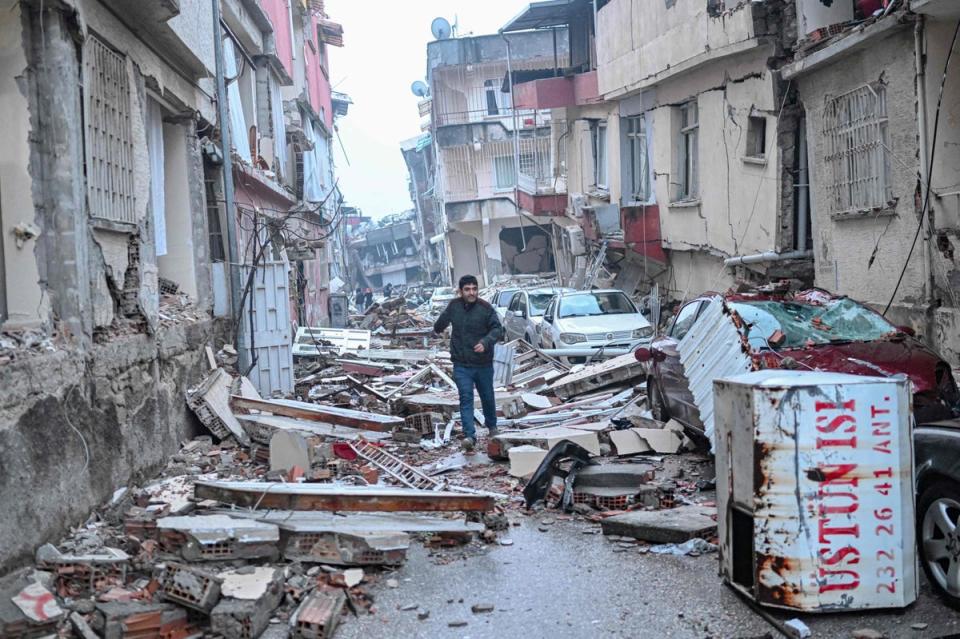
It was followed hours later by a second, 7.5 magnitude quake more than 60 miles away.
As rescuers raced against time to dig people from the rubble of collapsed buildings, difficult conditions including freezing temperatures, are said to be hampering their efforts - particularly in rebel-held Syria, where people have fewer resources and there is a lack of routes to deliver aid through.
Dilan Altun, a 22-year-old Turk living in London, said she has tens of relatives in Turkey who are now homeless and has been told people are dying after being rescued due to sub-zero conditions.
A number of relief organisations have urged the public to dig deep and donate, saying the help they are able to provide over the next few days “will save lives”.
As an international aid effort, including UK volunteers, struggled into action, there were fears the number of dead could pass 10,000.
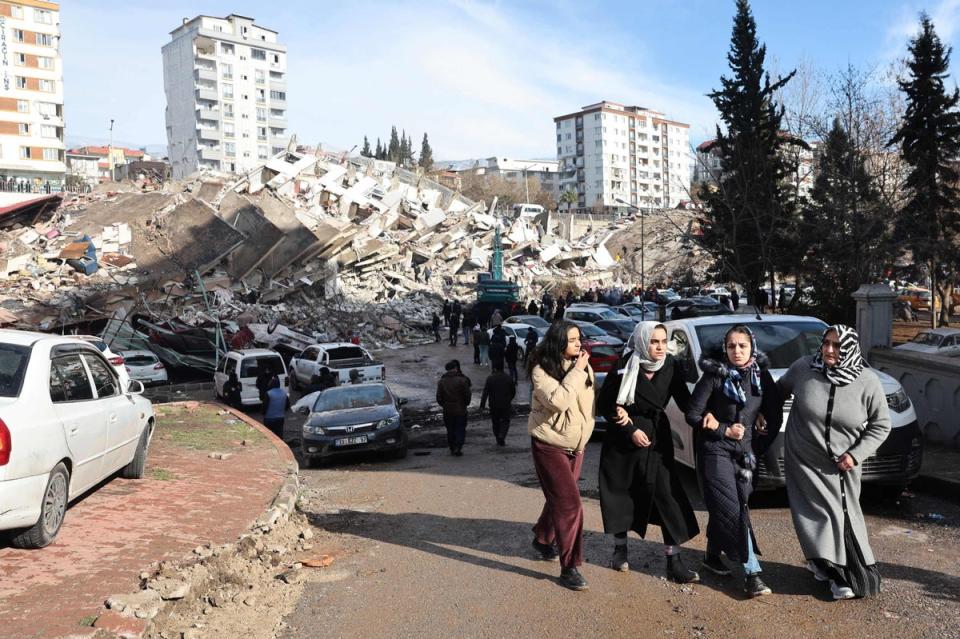
Among those joining the relief effort are 12 London Fire Brigade crew members and 76 search and rescue specialists being sent by the UK Government with state-of-the-art equipment and four specially trained dogs.
Mr Cleverly said the Turkish government is requesting international assistance “on a scale that matches the enormity of the situation that they are facing”.
Updating MPs on the UK response to the disaster, he said: “Across the region inhabited by more than 12 million people, more than 6,000 buildings have collapsed. Electricity and gas infrastructure has been severely damaged.
“Many of the 3.5 million Syrian refugees hosted by Turkey reside in the affected provinces. Turkey’s outstanding disaster relief response capability has been severely tested by the sheer scale of this catastrophe.
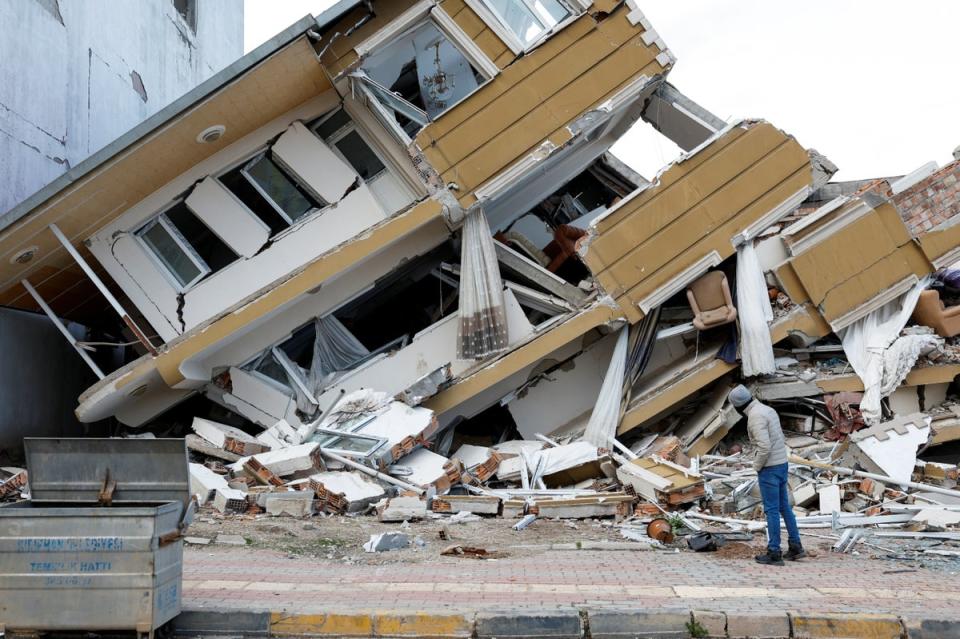
“The Turkish government has declared a state of emergency and they are requesting international assistance on a scale that matches the enormity of the situation that they are facing.
“Turkey will lead the disaster relief response in the areas of Syria where it has the presence.”
Meanwhile, British Turkish Association spokesman Atilla Ustun, 55, praised communities across London, which he said have helped raise between £200,000 and £300,000, which has paid for 300 boxes of donated aid to be sent on a Turkish Airlines cargo plane from Heathrow.
After the rescue mission, providing shelter is aid organisations’ priority, while there is also a need for food, clean water and warm clothes.
James Denselow, UK head of conflict and humanitarian advocacy for Save the Children UK, said: “Because you’ve got airports out of action, hospitals collapsed, clinics collapsed, all the sort of places we would normally use are not necessarily accessible.
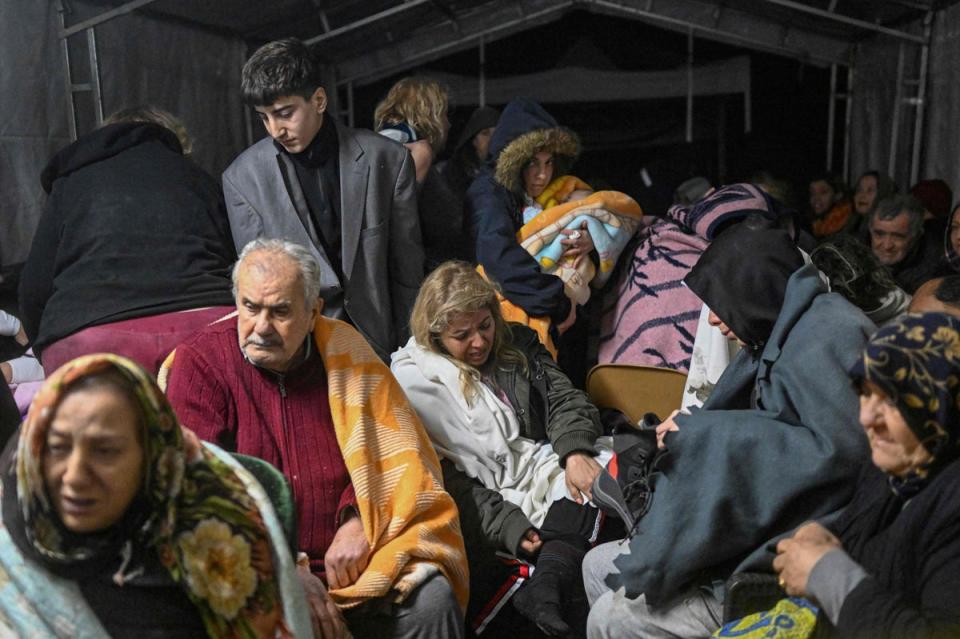
“All the figures you’re hearing are way off what will be the final figures, and what I’m hearing from staff and colleagues closer to the emergency is that everything we’re seeing in the media is tip-of-the-iceberg stuff.
“So we’re still really just unravelling the fog of this disaster.
“Providing shelter is the most urgent type of aid from our perspective because the cold will kill people in ways that are less spectacular than the earthquake but equally deadly.”
Mr Denselow said a historical aid presence in both countries will help get aid to people in need quickly but the situation is more complicated in conflict-torn northern Syria.
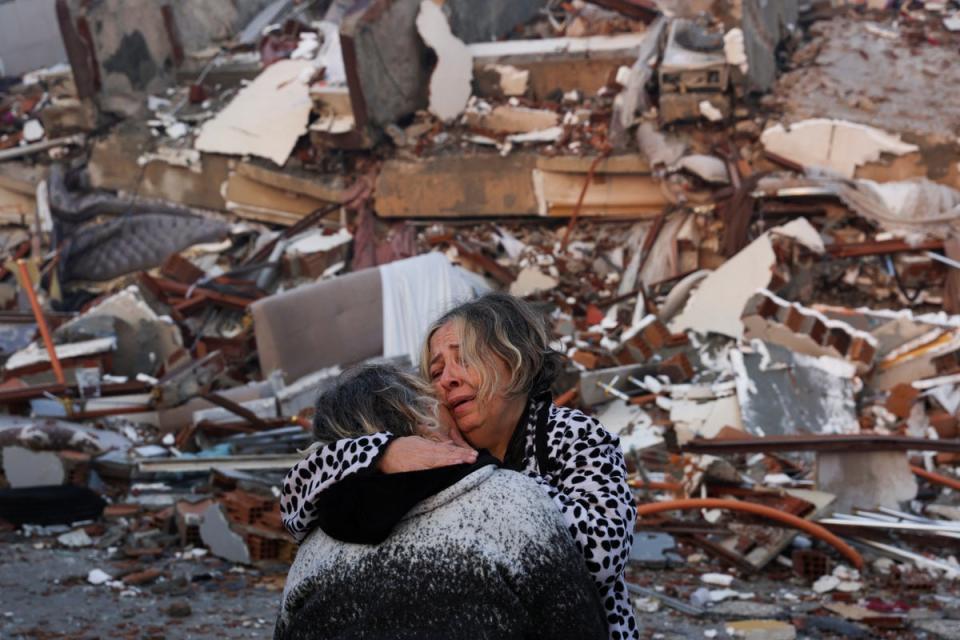
“Northern Syria is an area where we were dealing with severe malnutrition and far more huge humanitarian needs than in other environments even before this happened,” he said.
“If you’re a vulnerable population and then something else like this happens, obviously what happens to you is likely going to be far worse.
“We see that with very basic things like children’s physiology. The ability of a child to survive crash injury from a building falling on them is far reduced if they are malnourished.”
The United Nations this year launched a record 51.5 billion US dollar (£43 billion) appeal to help 339 million people now in need of assistance in 69 countries and 100 million who are displaced – a result of, among other issues, the pandemic on the world’s poorest, droughts and flooding in East Africa and Pakistan and the Ukraine conflict.

 Yahoo Movies
Yahoo Movies 
